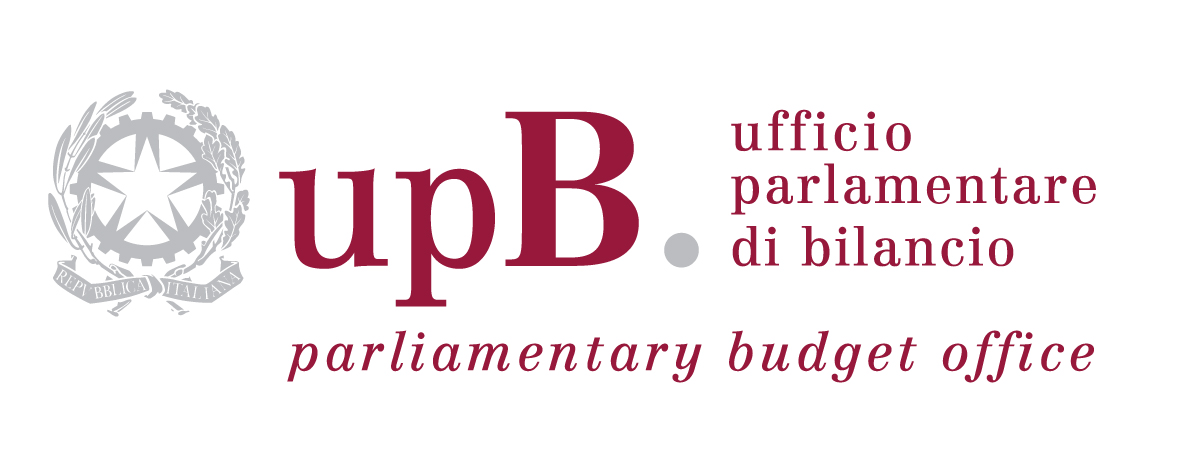Recent weeks have seen the emergence of a vigorous debate in Italy and within the European institutions on the possibility of halting the integration of the Fiscal Compact into the European legal framework. This Flash examines the technical and legal feasibility of this proposal, assessing the effects of not transposing the Fiscal Compact for the signatory Member States (25 out of 27) with regard to fiscal rules.
The possibility of blocking or revising the substance of the Fiscal Compact, or more specifically the Treaty on Stability, Coordination and Governance in the Economic and Monetary Union signed in 2012, is connected with a clause of Article 16, which provides for taking the necessary steps – within 5 years of entry into force – to incorporate the substance of the Treaty into the legal framework of the European Union. At what level? What timetable? And what are the consequences if this does not happen?
- Article 16 does not specify whether transposition of the Fiscal Compact must be carried out through the EU Treaties (which require unanimous approval of amendments) or through secondary legislation, such as Regulations (in which case a simple majority vote is sufficient).
- The obligation to incorporate the rules of the Fiscal Compact in European law carries no penalties and, above all, imposes no time limit on the obligations undertaken by the signatories of the Treaty: if the latter is not, or is only partially, transposed into the European legal framework, the contracting parties would continue to be legally bound by the rules of the Fiscal Compact.
- In theory, a signatory of an intergovernmental treaty may unilaterally withdraw under certain conditions, such as a fundamental change of circumstances compared with conditions at the time the treaty was originally signed.
- Comparing the substance of the Fiscal Compact with European legislation (Regulations and Directives) we find that, with the exception of a number of limited provisions, the set of fiscal rules in the Fiscal Compact is already integrated in the EU legal framework.
The significance of the issue of the transposition of the Fiscal Compact therefore appears to be fairly limited from a legal point of view. The proposed regulations – beginning with those concerning compliance with the fiscal rules – are (with few exceptions) already incorporated in European law in measures that are equally binding on the Member States, such as Regulations and Directives. In addition, the signatories of the Fiscal Compact would remain legally bound to apply its rules.
On a different – entirely political – plane lies the desire to foster a more substantive discussion of the set of European fiscal rules and their validity within the existing framework in order to proceed with their amendment. This goal could be pursued through the debate over the transposition of the Fiscal Compact, but it could also proceed independently of the provisions of Article 16 of the Treaty.
